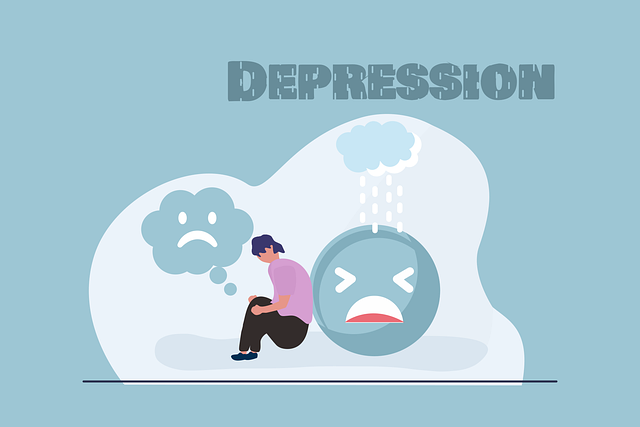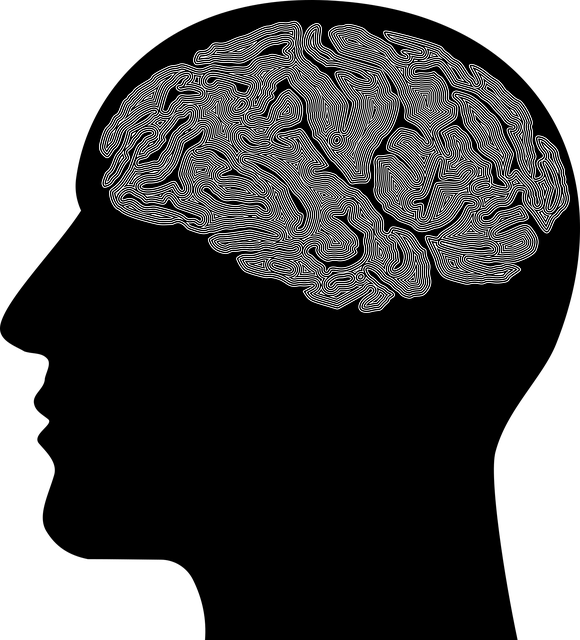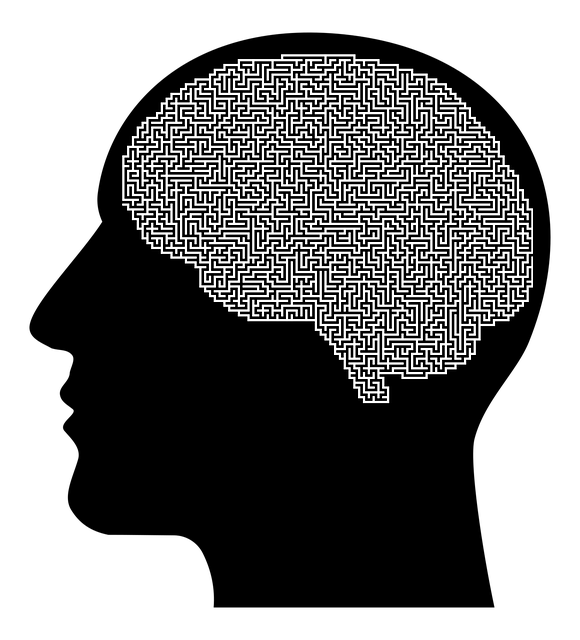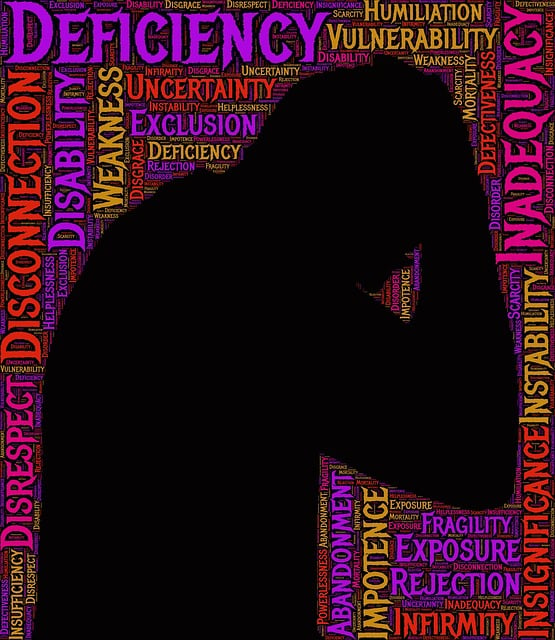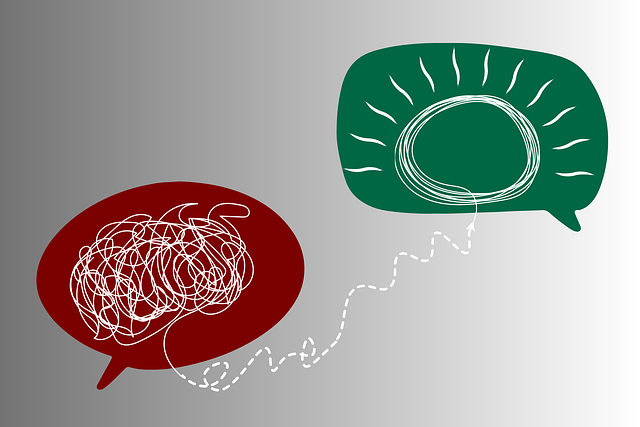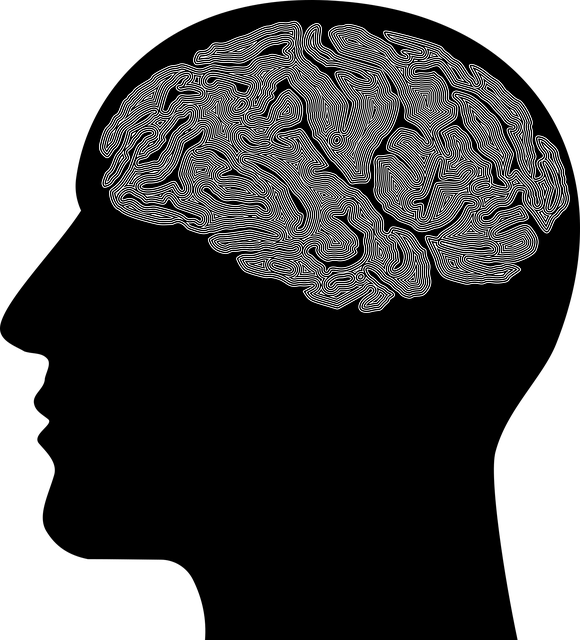Greenwood Village Psychosis Therapy leads in diverse healthcare through cultural competency, addressing communication, health perspectives, and trust differences for improved patient satisfaction and outcomes. Their specialized training equips professionals with patient-centered language, conflict resolution, and social skills, enhancing accessibility and responsiveness. This holistic approach includes workshops, role-playing, self-care practices, and tailored coaching programs to foster understanding, uncover biases, and empower patients according to their cultural beliefs, ultimately improving care quality and relationships.
In today’s diverse healthcare landscape, cultural competency is no longer an option but a necessity. Understanding and addressing cultural differences in patient care can significantly enhance outcomes and improve access to quality services, especially for marginalized communities. This article explores these topics, focusing on the innovative approach of Greenwood Village Psychosis Therapy, which has made substantial strides in cultural sensitivity training. We also present effective strategies for integrating cultural competency into clinical settings.
- Understanding Cultural Competency in Healthcare: A Necessity in Modern Practice
- The Impact of Greenwood Village Psychosis Therapy on Cultural Sensitivity Training
- Effective Strategies for Integrating Cultural Competency into Clinical Settings
Understanding Cultural Competency in Healthcare: A Necessity in Modern Practice

In today’s diverse healthcare landscape, cultural competency is no longer a nice-to-have but an absolute necessity. It involves understanding and respecting the cultural backgrounds, values, and beliefs of patients, which can significantly impact their health outcomes. At Greenwood Village Psychosis Therapy, we recognize that effective patient care demands sensitivity to cultural nuances. Many individuals from diverse ethnic and social groups may face barriers to accessing quality healthcare due to differences in communication styles, attitudes towards health and illness, and trust in medical authority.
By incorporating training in cultural competency, our team equips ourselves with the skills needed to navigate these complexities. This includes learning effective communication strategies, such as using patient-centered language and non-judgmental attitudes. Moreover, we focus on developing coping skills, conflict resolution techniques, and social skills training to foster an inclusive environment. These efforts not only improve patient satisfaction but also enhance our ability to provide culturally responsive care, ensuring that every individual receives the highest level of support tailored to their unique needs.
The Impact of Greenwood Village Psychosis Therapy on Cultural Sensitivity Training

Greenwood Village Psychosis Therapy has emerged as a pioneering approach to cultural sensitivity training within healthcare settings. This innovative program recognizes the profound impact that cultural competency has on patient outcomes and provider well-being. By focusing on improving interactions between providers and diverse patient populations, Greenwood Village offers a unique perspective on mental health care.
The therapy emphasizes the development of self-care practices among healthcare professionals, enabling them to navigate complex cultural dynamics effectively. Through interactive workshops and role-playing exercises, participants gain valuable social skills training and coping skills development, fostering an environment where empathy and understanding thrive. This holistic approach not only enhances the quality of care but also empowers providers to build stronger connections with patients from various cultural backgrounds, ultimately improving patient satisfaction and adherence to treatment plans.
Effective Strategies for Integrating Cultural Competency into Clinical Settings

Integrating cultural competency into clinical settings involves a multi-faceted approach tailored to address the diverse needs of patients from various backgrounds. Greenwood Village Psychosis Therapy, for instance, can enhance its services by incorporating specific strategies. First, regular Communication Strategies workshops for healthcare providers can foster empathetic interactions with patients, ensuring open lines of dialogue and mutual understanding. These sessions should cover active listening, non-verbal cues, and culturally sensitive questioning techniques.
Additionally, implementing Mental Wellness Coaching Programs Development tailored to diverse populations can empower patients to manage their mental health in ways that align with their cultural beliefs and values. Encouraging self-reflection through Self-Awareness Exercises among healthcare staff can further deepen their understanding of unconscious biases and promote a more inclusive clinical environment. Such initiatives collectively contribute to effective care delivery, enhancing patient outcomes and satisfaction at Greenwood Village Psychosis Therapy.
Cultural competency training, as exemplified by innovative programs like Greenwood Village Psychosis Therapy, is no longer a choice but an imperative in modern healthcare. By integrating effective strategies into clinical settings, healthcare providers can enhance patient outcomes and foster more inclusive care. The impact of such training extends beyond improved cultural sensitivity; it creates a safer, more welcoming environment for diverse patient populations. Ultimately, recognizing and addressing cultural differences in healthcare is crucial to ensuring equitable access to quality care for all.


